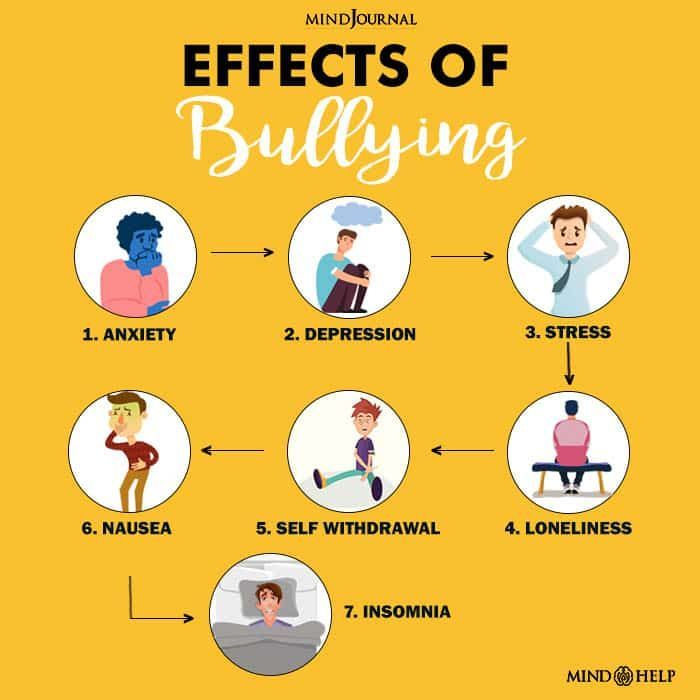Why do we do things that are bad for us?
The average adult makes around 34,000 decisions a day. Each decision carries some consequence, be it good or bad. Majority of these decisions are actually very simple things such as choosing what to eat, which don't really cause too much harm. But some decisions we make have negative effects, and the ironic thing is, we know that these choices are going to bring us problems in the near future. So why do we make these detrimental decisions?
To analyze this, let's take a pretty commonly seen example of a "bad decision" - procrastination. Procrastination is a pretty habitual trait for many people, especially students. It has become so "popular" that it became a part of our lifestyle. In fact, people who do not procrastinate and get their work done on time are seen as the weird ones. Everyone knows that procrastination will most definitely cause them to feel overwhelmed with stress, anger, and a bunch of not-so-good emotions later on. But why do we still continue to do this?
Looking at this from a biological standpoint, we know there are 2 important regions in the human brain called the limbic system and the prefrontal cortex. The limbic system is a part of our brain that is in charge of pleasure, behavioral, and emotional responses. The prefrontal cortex is the system that controls the planning and decision making in our life. Both of these regions of our brain are equally important in our day-to-day life. When we procrastinate or do any action that we know are bad for us, it signifies that the limbic system in our brain is winning over the prefrontal cortex. That is, our brain is being wired to make decisions that yield the most amount of dopamine (pleasure hormone) in the shortest time possible.
So, what is humanity doing to provide a solution to this "epidemic"? Nothing. Like mentioned above, this "lifestyle" of making decisions that are not beneficial in the long term has become normalized in society. Scientists have tried to come up with many "shortcuts" such as replacing playing games with a beneficial activity. But none of these have really worked on a large scale of people. The most successful method however is just breaking down a task into multiple sub-tasks and taking each one step-by-step. Funny how something that should be common-sense is being considered as a "lifesaving" method in getting stuff done. Each action that we take knowing that it will cause negative effects in the future is sort of an addiction, and procrastination is the same. The best way to combat addiction is not completely cutting it off, rather it is to decrease the consumption slowly. Taking it step by step is the most efficient method to achieve the perfect balance of entertainment and productivity. Getting work done on time does not have to bear the cost of entertainment and fun in life.



I like how you included a call of action at the end, relating it to addiction. Also, i liked the way you started with a statistic, and talked about how procrastination works biologically. -sukruta
ReplyDeleteI really liked the consistent use of rhetorical questions and the biological perspective of procrastination.
ReplyDelete